What We’ve Lost
Authored by Charles Hugh Smith via OfTwoMinds blog,
What we’ve lost are the foundations of a healthy standard of living / quality of life.
Amidst the constant drumbeat of tech “progress” and grandiose “solutions,” it’s a useful exercise to ask: what have we lost in the past 40 years despite all the “progress” and “solutions”? Put another way: what did we have in 1985 that we no longer have, despite all the “progress”?
1. We no longer have affordable, functional healthcare. As I have documented, based on what I paid as an employer and self-employed worker, healthcare insurance was still affordable in 1985; this is no longer the case. By functional, I mean universally accessible and sustainable for those employed in healthcare.
Neither condition applies today. Financially marginalized Americans don’t have the same access to the care that is available to wealthy Americans and those with gold-plated insurance. For many Americans, their access to care is little better (or worse) than low-income, developed-nation standards.
As for those working in healthcare, burnout and changing jobs to increase pay and reduce overwork are now standard features of frontline employment in healthcare.
2. Our collective health is systemically worse. These charts from the Center for Disease Control (CDC) tell the story: in 1985, relatively few Americans were classified as obese (BMI of 30 or higher). While BMI is not an ideal measure, moderate BMI levels reflect a lifestyle of moderate activity and relatively healthy diet. By 2023, the situation had deteriorated to the point that by more recent metrics, almost 80% of adult Americans are overweight/obese, conditions that generate a spectrum of health risks.
3. Our public infrastructure has crumbled even as our private wealth soared. Maybe the roadways and highways are pothole-free and well-maintained in your area, and public transit is clean, reliable and cheap, but as a general rule, public infrastructure has decayed over the the past 40 years to the point that it’s often better in developing-world nations than in the US.
While our public infrastructure has decayed, private wealth has soared from $60 trillion in 2010 to $167 trillion in 2025. Measured by overall health and security, the top 10% are doing splendidly, having accumulated the majority of the $100 trillion in private wealth gains, while the bottom 60% are experiencing decay and decline.
4. Housing is no longer affordable. By any legitimate measure–for example, the number of hours of work needed to buy a median-priced house–housing is no longer affordable for the bottom 80% of the populace.
5. Moral decay has rotted the foundations of our society and economy. Self-interest is now the exclusive pursuit and measure of “success”: consequences have no bearing on decisions unless they detract from one’s private gains. Since a truthful accounting of consequences is detrimental to self-interest, artifice is now the norm. Authenticity has been replaced by curation–everything is gamed, massaged, managed to present a fake image or spectacle.
Here is a chart of healthcare insurance costs. This doesn’t reflect the erosion of value generated by the expansion of co-pays, deductions and exclusions.
Here is the CDC map of obesity from 1985:
Here is the CDC map of obesity for 2023:
Private wealth has skyrocketed…
… but not everyone gained ground. As I have often noted, the bottom 50%’s share of household wealth has declined. Only the top tier benefited from The Everything Bubble.
Measured by wages, housing affordability is now worse than at the peak of the 2005-07 Housing Bubble #1.
As for moral decay, since honest appraisals are anathema, there will be no admission that the status quo is far more corrupt than it was in 1985. We all know it, but it cannot be admitted publicly, or ours is now a culture of excuses, prevarications, rationalizations, empty slogans, distractions and grandiose claims. The inability to admit that the status quo is corrupt is a measure of the depth of systemic moral decay.
What we’ve lost are the foundations of a healthy standard of living / quality of life.
* * *
My new book Investing In Revolution is available at a 10% discount ($18 for the paperback, $24 for the hardcover and $8.95 for the ebook edition) through November. Introduction (free)
Check out my updated Books and Films.
Tyler Durden
Wed, 11/19/2025 – 16:20ZeroHedge NewsRead More


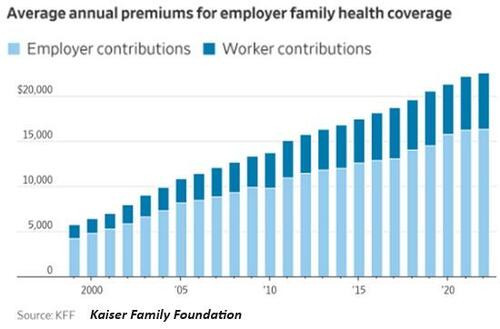
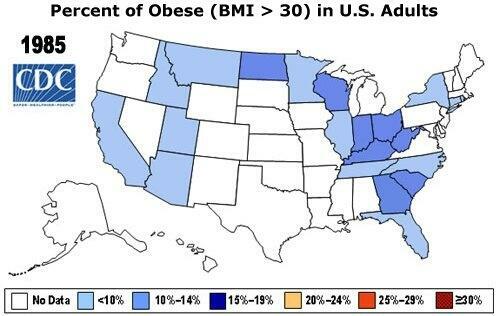
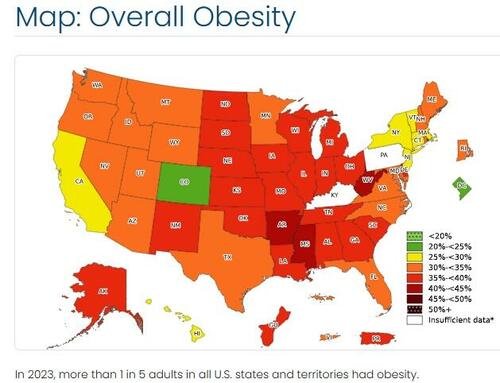
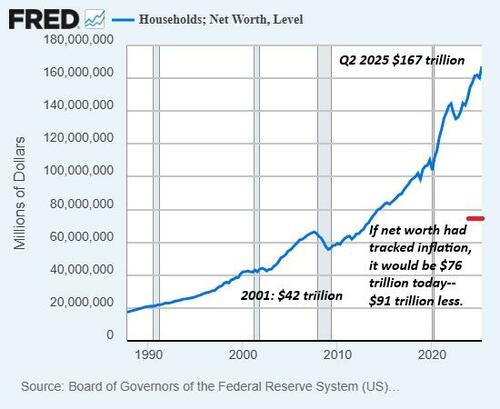
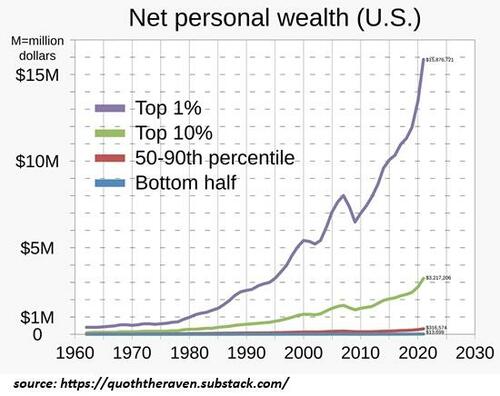
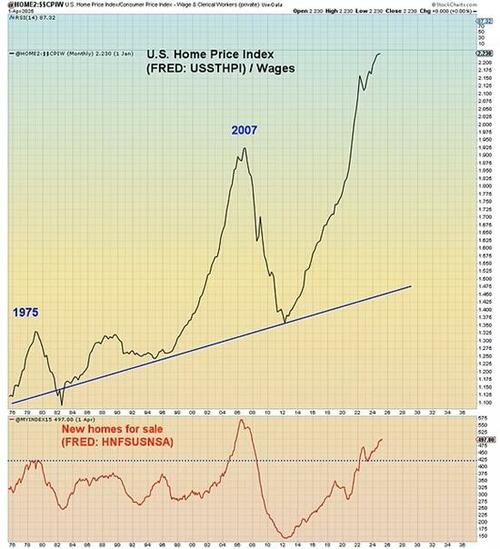


 R1
R1
 T1
T1


